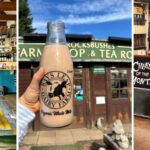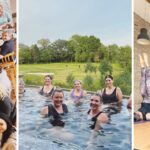- Work Hard
- 13th Mar 2020
- 816 Views
- 0
- 1 minutes
Friday Interview | Sarah Waddington on future proofing the PR industry
We caught up with Sarah to find out how she has remained at the forefront of an industry which has changed almost unrecognisably since she set up her business 12 years ago…










Comments